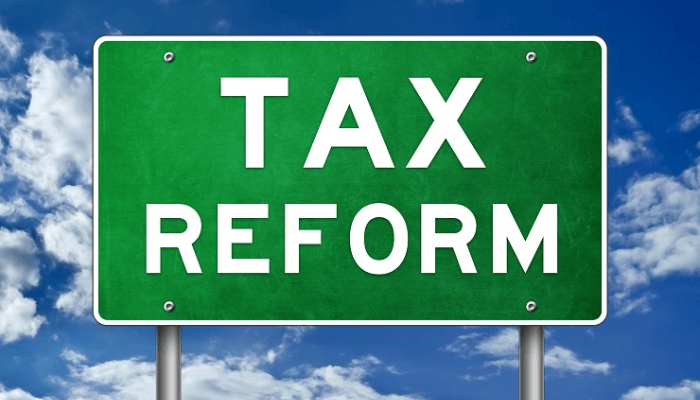The transmission of four tax reform bills to the National Assembly by President Bola Tinubu on October 3, 2024, has sparked heated debates across political, economic, and social circles. The bills — Nigeria Tax Bill 2024, Nigeria Tax Administration Bill, Nigeria Revenue Service Establishment Bill, and Joint Revenue Board Establishment Bill — propose a significant overhaul of the country’s tax administration and revenue generation processes. These reforms aim to simplify tax laws, increase efficiency, and broaden the tax net. However, critics argue that the timing and implementation strategies could have profound implications for businesses, individuals, and the overall economy.
The proposed reforms are the culmination of over a year of intensive work led by the Taiwo Oyedele-led Presidential Committee on Fiscal Policy and Tax Reforms. Inaugurated in August 2023, the committee’s mandate was clear: overhaul Nigeria’s complex and outdated tax system to align with President Tinubu’s vision for a robust economic foundation, as outlined in his Renewed Hope manifesto.
The Nigeria Tax Bill (NTB) 2024, a cornerstone of these reforms, consolidates a myriad of tax laws into a single, streamlined framework. By centralising the collection of national taxes under the proposed Nigeria Revenue Service, the bill aims to enhance efficiency and transparency. Moreover, it includes provisions to repeal or amend numerous existing laws, thereby addressing redundancies and conflicts that have plagued the tax system.
Despite the technical merits of the reforms, public discourse has largely focused on the perceived implications for individuals and businesses. Critics, including Senator Ali Ndume and some state governors, especially northern state governors, have labeled the bills as instruments of increased taxation, citing the gradual rise in Value Added Tax (VAT) rates from 7.5% to 15% by 2030 as evidence. However, proponents argue that the reforms are designed to be pro-poor and pro-business, with significant reductions in personal income tax (PIT) and corporate tax rates.
For instance, under the NTB, individuals earning less than ₦800,000 annually will be exempt from PIT, a relief that covers over 70% of Nigerians. Similarly, the progressive corporate tax structure aims to reduce the burden on small and medium enterprises, exempting those with annual turnovers below ₦25 million and gradually lowering rates for larger companies.
At the heart of the controversy lies the tension between Nigeria’s urgent need for increased revenue and the potential impact on economic growth. The NTB’s emphasis on progressive taxation—shifting more of the burden to high-income earners and large corporations—is a departure from traditional approaches that disproportionately affected low-income earners and smaller businesses.
Additionally, the harmonisation of special levies into a single development levy is expected to simplify compliance for businesses while funding critical sectors such as education and technology. Critics, however, worry that the gradual VAT increases may dampen consumer spending and widen inequality if not carefully managed.
The tax reform bills reflect a bold vision for a more equitable and efficient fiscal system. However, their success hinges on effective implementation and transparent communication. Public trust will be crucial, especially in dispelling misconceptions and ensuring that the benefits of the reforms—such as improved public services and a more stable economy—are felt across all segments of society.
As the National Assembly deliberates on these landmark bills, the challenge for policymakers will be to strike a balance between fiscal sustainability and public acceptance, ensuring that Nigeria’s tax system evolves to meet the demands of a dynamic and diverse economy. For now, the proposed reforms remain a double-edged sword — a promise of progress intertwined with challenges that could define the trajectory of Nigeria’s economy for decades to come. As debates continue in the National Assembly, the nation watches, hopeful yet cautious, awaiting the dawn of a new era in tax administration.


